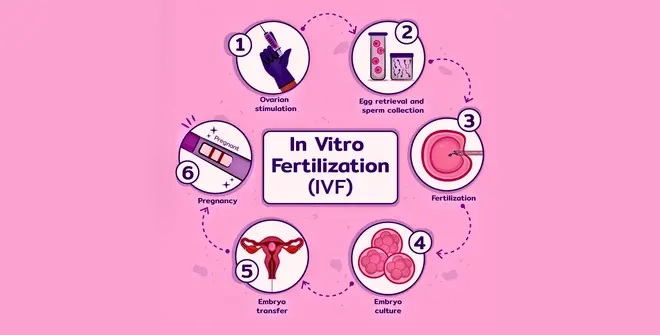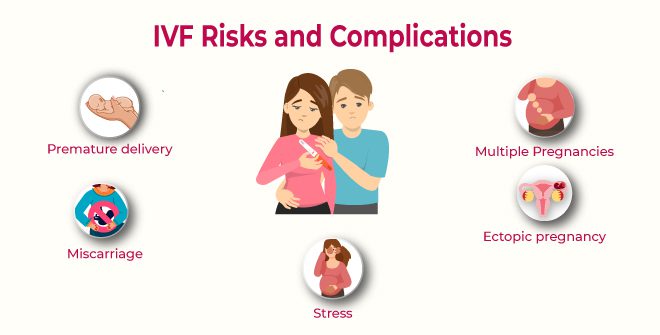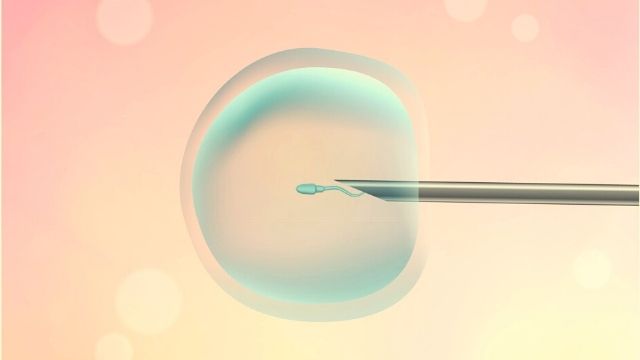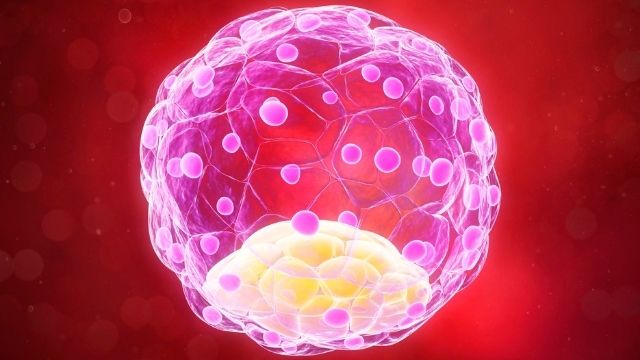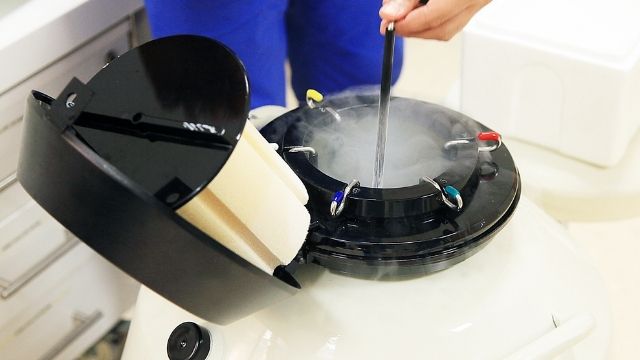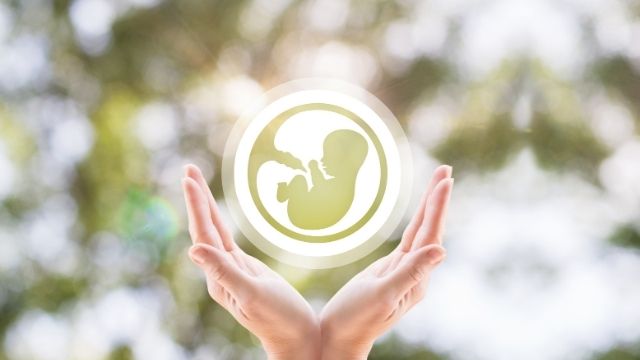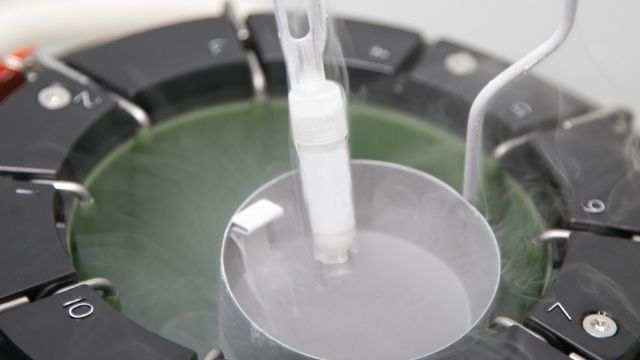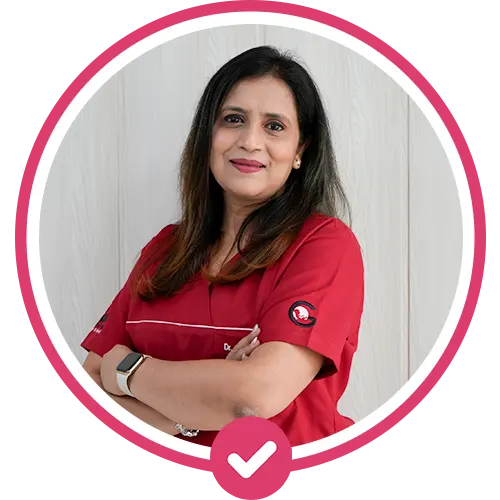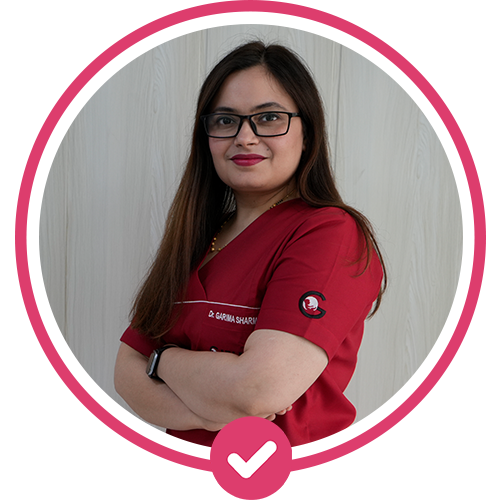In Vitro Fertilization
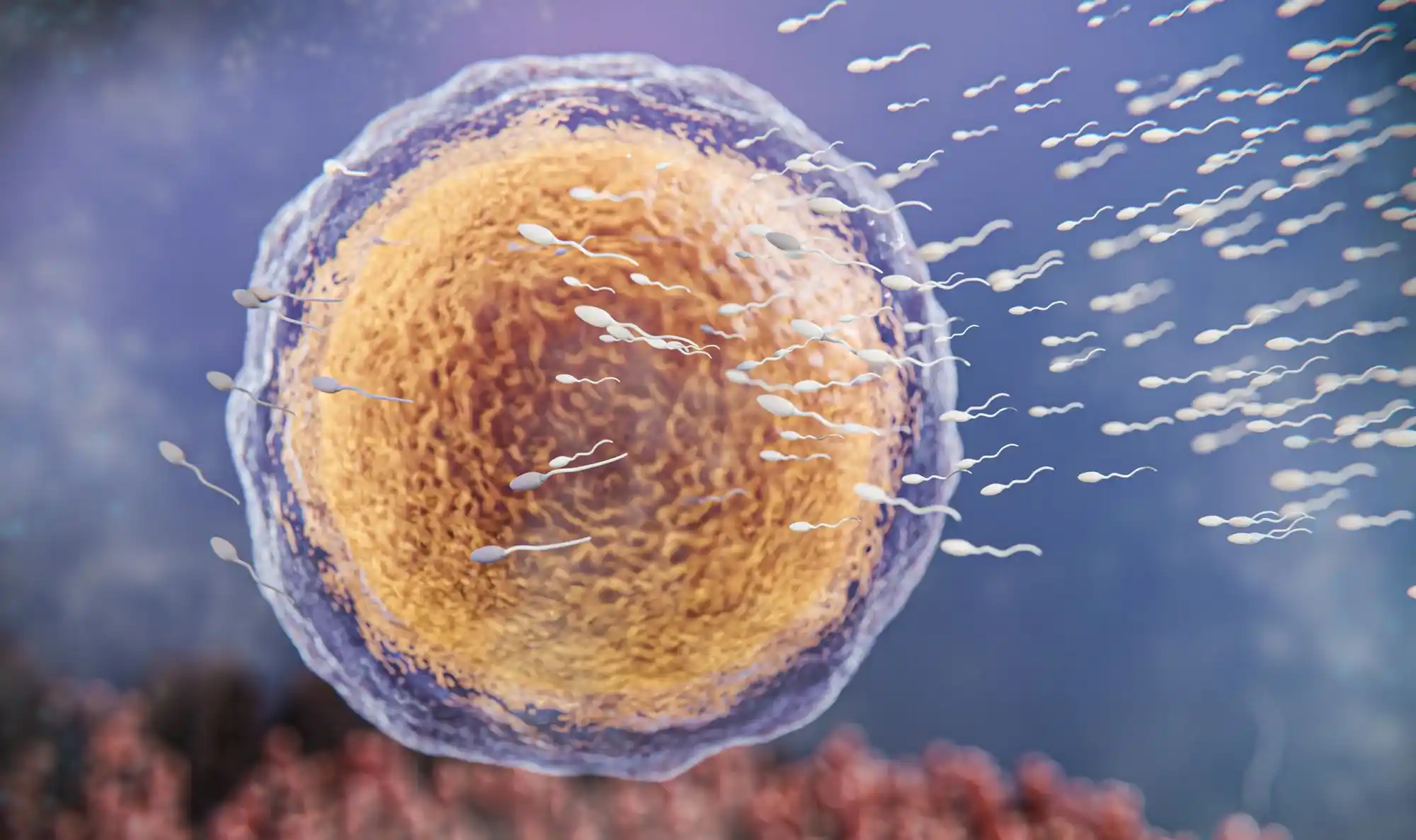
What is In Vitro Fertilization (IVF)?
IVF stands for In Vitro Fertilizations, which is an advanced fertilization procedure that helps infertile couples to conceive a child. In Vitro means something that takes place outside the body hence In vitro fertilization is a procedure where the fertilization of egg with sperm is done in the lab.
IVF is a series of distinct steps that make up the entire process of fertilization. The IVF process involves the retrieval of eggs from a female body and then fertilizing it with sperms in the lab. Once the embryo is formed, it is transferred to the woman’s uterus or it is frozen for future use.
Everything You Need to Know About In Vitro Fertilization
Purpose | Preparation | Procedure | Risks and Complications | Results
Why is IVF done?
IVF is an infertility treatment often opted by couples that face problems in having a baby. IVF is usually opted after trying other simpler methods, like taking certain drugs to increase egg production or choosing IUI, where the sperm is directly transferred in the woman’s uterus.
IVF is one of the most effective ways of assistant reproductive techniques. It is used when natural fertilization does not take place in the body. So the only option left is to do that fertilization process in the lab. There are various reasons for which IVF is required or can be helpful. These reasons include:
- Reduced fertility because of increasing age in women.
- Reduced eggs in the ovaries (decreased ovarian reserve) in the female.
- Endometriosis.
- Male infertility issues related to low sperm count.
- Damaged or blocked Fallopian Tubes.
- Uterine fibroids.
- Severe PCOS
We are one of the Best IVF Clinic in Delhi NCR!
69K
Subscribers
4.6 (615 reviews)
4.2 (904 reviews)
3.5 (265 reviews)

5 Out Of 5
How to Prepare for IVF
Once you decide you need the help of a fertility specialist, the first thing to keep in mind is to choose a proper fertility clinic. The IVF success rate depends upon a lot of things like the experience of the IVF team, quality of the lab, the reputation of the center, the methods they choose, the overall success rate of the procedure, etc.
After choosing an IVF clinic and getting a consultation, the process starts with an ovarian reserve test in which your doctor takes your blood sample to check for the level of Anti-Mullerian hormone (AMH). This test indicates the size and number of eggs in a female body. Your doctor can also do a transvaginal ultrasound to check for the number of eggs in the ovaries ( known as antral-follicular count).
Ultrasounds besides checking your ovarian health also rule out other diseases of the reproductive organs. This examination helps a doctor to check the uterus health and rule out cysts and fibroids. Besides a few other hormone tests and infection screening tests could be done on your first visit.
Meanwhile, the male partner will be asked to give a semen sample for sperm analysis that will tell about the quantity and the quality of sperms. If the sperm is weak, then a different procedure called intracytoplasmic sperm injection may be required as part of the IVF process.
Now, after all these tests and investigations, the doctor will tell you what will be the best treatment option and if IVF is advisable. In case that he says yes, it’s your choice to go for the same or not. For all other queries related to IVF, you can ask them at the initial stages.
IVF Procedures Step By Step
The entire Test Tube Baby Process contains different stages and steps that are performed one after the other. All these steps are:
- Ovarian Stimulation: The first step of the IVF procedure includes the stimulation of the ovaries. During a normal menstrual cycle, a woman produces just one egg.But an IVF process requires multiple eggs to result in a good embryo. Your doctor will give you certain fertility drugs and injections starting from day two to day three of your periods to increase the egg production in your ovaries.After giving those drugs, the doctor will monitor the egg production and decide the best time to retrieve the eggs by the means of serial or sequential ultrasounds.
- Egg Retrieval: Once the doctor finds that there is enough production of eggs in the ovaries, he will then perform the second step which is the retrieval of eggs.Once the eggs get mature, a trigger injection is given ( HCG injection usually) and retrieval of the egg is planned between 34 to 36 hours post the trigger injection.For this, the doctor (anesthetist) will give you anesthesia and use an ultrasound wand to make the needle reach the follicles that contain eggs. This needle will suction the fluid and the eggs from each follicle.
- Fertilization: The next step in this process is of fertilizing the eggs and the sperms. Now, for this process, two ways can be used. Firstly, the doctor will mix the eggs and the sperms in a petri dish and the sperms will naturally fertilize the eggs overnight. But in this process, there’s a risk that if the sperms are weak, the fertilization may not occur. In the other process known as ICSI, the embryologist will select the best sperm and inject it into the egg for fertilization of the egg.
- Embryo Culture: This step is a monitoring step in which the embryologist will monitor the embryos to see if they are developing and dividing. The embryo will divide into multiple forms and then make a blastocyst on day fifth. This is the stage where the embryo is ready to transfer and get implanted in the uterus. By doing a blastocyst transfer, we select the best embryo for transfer in the uterus.
- Embryo Transfer: Once the embryos have grown into a blastocyst, they get ready to get implanted in the cavity of the uterus. This is the final and the most important step of the IVF procedure. The doctor uses a fine catheter and inserts it into the uterus. At last, the doctor releases the embryo in it.
- Pregnancy support: Now, it seems like the process may end here, but the pregnancy results after the embryo get implanted on its own. The implantation takes 5-10 days in most IVF cases. This last stage is about pregnancy support where the patient is given doses of regular progesterone and other medical support.
Why Choose US
When it comes to your fertility journey, Gunjan IVF Center Stands out by combining compassionate care and state-of-the-art technology. Our dedicated team of experts is committed to supporting you every step of the way, ensuring the highest probability of success.
IVF Risks and Complications
The IVF procedure also has some risks and complications a couple should know. Some risks are:
- Premature delivery: It is often seen that the pregnancies done through IVF may sometimes result in premature delivery. The baby gets delivered before the standard time of 40 weeks and also has low birth weight.
- Multiple Pregnancies: If your doctor transfers over one embryo in the uterus then there are chances of having multiple pregnancies.
Now multiple pregnancies can come with a lot of complications like preterm labour, low birth weight of the baby, etc. But some couples who have been trying to have a baby for a long time can also prefer having twins. You can consult this with your doctor.
- Miscarriage: The miscarriage chances with IVF pregnancy are 15-20% which similar to that of natural pregnancy. This chance increases with increasing maternal age.
- Ectopic pregnancy: It is a kind of pregnancy in which the embryo gets implanted outside the uterus and it happens in 2 to 5% of the women who go for IVF. This type of pregnancy can not be continued.
- Stress: Choosing an IVF procedure can come with emotionally, physically, and financial stress. It is normal to feel all sorts of mixed emotions but one must keep herself stress-free all the time.
Try to relax by doing whatever you love, for example by doing yoga, watching comedy shows, doing fun activities as a couple of activities to stay stress-free.
IVF Results
After 15 days to two weeks of the egg retrieval process, the doctor will take a blood sample to detect if you are pregnant. The results can tell us two things, first that you are pregnant or the other one that you are not.
So, in case the test is positive and you are pregnant, your doctor will recommend you to consult further for prenatal care.
And in case the pregnancy test is negative, your doctor will ask you to stop the consumption of progesterone and other medications.
You may have your regular periods next month. If you notice unusual bleeding during your periods, Consult your doctor at the earliest.
If your tests are positive, congratulations, your little bundle of joy is just nine months away. But, if your tests are negative, don’t lose your hopes because IVF doesn’t have a 100% success rate. In case your first cycle fails, you can go for other cycles as well. Don’t get disheartened and stressed by the negative results.
Sub Treatments For IVF
Patient Testimonials
It’s always the word of mouth that’s the best advice
Published On: 3 Dec 2018
London to Gunjan IVF: Mrs. Pragya's journey of parenthood |Treated for pregnancy care | Gunjan IVF
Published On: 7 Oct 2018
We are pregnant!! | Pregnancy after Fibroid Removal Treatment (Myomectomy)| Gunjan IVF World

Erica Benn
It was such a nice experience with Dr. Gunjan and how she tackle our case. I must recommend this clinic as one of the best IVF clinic in Delhi-NCR. Thanks to Dr. Gunjan to give me my motherhood.

Nitesh Kumar Thakur
Gunjan IVF World in Indirapuram, Ghaziabad is the best hospital for surrogacy and ivf services in Delhi-NCR. Dr. Gunjan Gupta is founder and director of Gunjan IVF World. Gunjan IVF is the best ivf center in Indirapuram , Ghaziabad. Treatments at affordable prices.

Akansh Garg
Dr gunjan gupta is one of best gyne in delhi ncr especially in ghaziabad she explains each n everything very clearly to avoid any confusion. staff is very supportive n helpful.

Manisha Pathak
Went for treatment at various places in Delhi since 2012. Then came to know about Gunjan IVF. Started treatment in October 2020. The treatment is going on and we are quite hopeful. Gunjan ma'am is a very good doctor who treated me well and the staff are also very good and helpful.

Erica Benn
It was such a nice experience with Dr. Gunjan and how she tackle our case. I must recommend this clinic as one of the best IVF clinic in Delhi-NCR. Thanks to Dr. Gunjan to give me my motherhood.

Nitesh Kumar Thakur
Gunjan IVF World in Indirapuram, Ghaziabad is the best hospital for surrogacy and ivf services in Delhi-NCR. Dr. Gunjan Gupta is founder and director of Gunjan IVF World. Gunjan IVF is the best ivf center in Indirapuram , Ghaziabad. Treatments at affordable prices.

Akansh Garg
Dr gunjan gupta is one of best gyne in delhi ncr especially in ghaziabad she explains each n everything very clearly to avoid any confusion. staff is very supportive n helpful.

Manisha Pathak
Went for treatment at various places in Delhi since 2012. Then came to know about Gunjan IVF. Started treatment in October 2020. The treatment is going on and we are quite hopeful. Gunjan ma'am is a very good doctor who treated me well and the staff are also very good and helpful.
Our Expert Team
Top Fertility Doctors in Delhi Ncr, India
Dr. Gunjan Gupta Govil
Founder & Director
Founder, Director & Gynaecologist with specialization in IVF, Infertility & Laparoscopy of 20+ years of experience.
(24+ years of experience)

Dr. Pradyot Kumar
CEO, Founder
Founder, CEO and a specialized Neurosurgeon who is an expert in complex Brain and Spine surgeries.
(25+ years of experience)

Mr. Gaurav Singhai
COO at Gunjan IVF World
COO and an entrepreneur who co-founded Gujan IVF world along with Dr Gunjan and Dr Pradyot.
(22+ years of experience)

Dr. Aastha Raheja
IVF Consultant
Highly skilled IVF specialist with extensive experience in Reproductive Medicine and Gynecology.
(7+ years of experience)
Dr. Garima Sharma
IVF Consultant
IVF Consultant with immense experience in Obs-Gynae & infertility and specialisation in assisted reproduction techniques.
(12+ years of experience)

Dr. Anshu Dhar
IVF Consultant
An IVF expert with over 8 years of experience in Gynaecology and Assisted Reproduction techniques.
(8+ years of experience)

Dr. Meenakshi Arya
IVF Consultant
A trusted medical professional in the field of Gynaecology, Obstetrics and Reproductive Medicine.
(18+ years of experience)

Dr. Shubhda Gupta
IVF Consultant
A known IVF Consultant for gynecological laparoscopic procedures and complete fertility treatments.
(15+ years of experience)
Dr. Megha Solanki
IVF Consultant
An IVF specialist with extensive of experience in the field of obstetrics and gynecology.
(9+ years of experience)
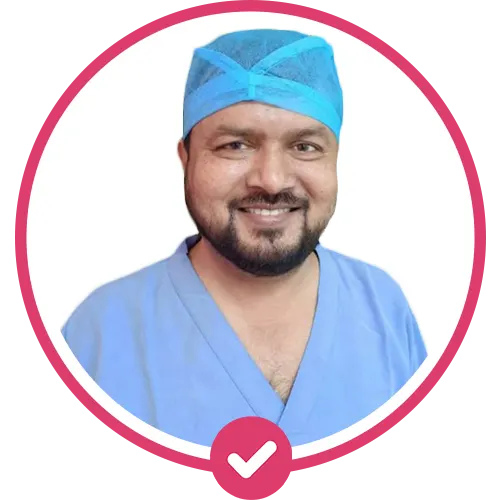
Dr. Paritosh Sarkar
Embryologist
He is a highly experienced and successful Embryologist with more than 10 years of experience in IVF.
(15+ years of experience)

Ms. Nivedita Rai
Chief Counsellor
She is a highly experienced patient counsellor with extensive experience of helping and guiding couples in their parenthood journey.
(7+ years of experience)
Patient Guide
Along with treating our patients, we also guide them with the help of our educational blogs and videos.
Educational Blogs
Sperm Count is Very Low or Nil: Can You Still Do IVF With Your Own Sperm or Do You Need a Donor?
Comprehensive Fertility Treatments | Gynaecology Procedures | Menopause Management | Pregnancy...
Why Egg Freezing is a ‘Must-Consider’ Step When Diagnosed with Cancer
Comprehensive Fertility Treatments | Gynaecology Procedures | Menopause Management | Pregnancy...
From “Zero” to Twins: A Miracle Journey of IVF Treatment with Self Sperm at Gunjan IVF World
Comprehensive Fertility Treatments | Gynaecology Procedures | Menopause Management | Pregnancy...
Educational Videos
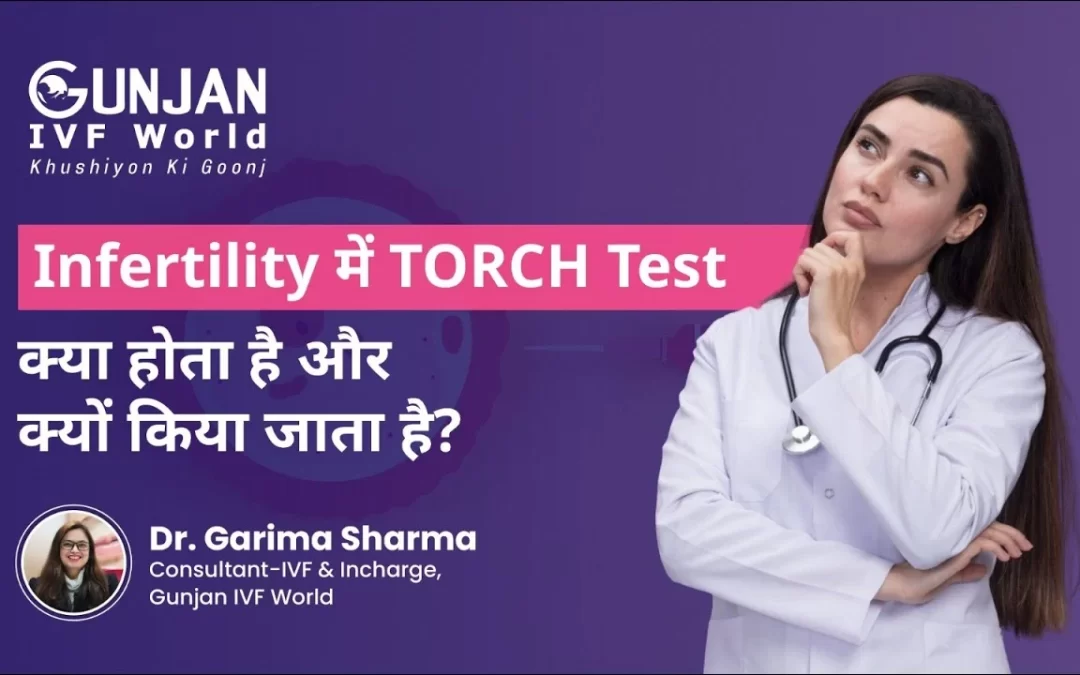
What is TORCH test in infertility and why is it done?
There are numerous tests that are available to infertile couples that are recommended by some doctors, which might help them determine the cause of their infertility. One such test is the TORCH test.

What is Prolactin Hormone?
Prolactin is a hormone produced by the pituitary gland present at the brain’s base. It is best known for its role in lactation, or milk production, in breastfeeding women.However, Prolactin also plays other important roles in both men and women, such as regulating the immune system, stimulating the growth of new blood vessels, and influencing behaviour and reproductive function. In this blog, we will explore what Prolactin is, how it works, and what happens when there are imbalances in prolactin levels.
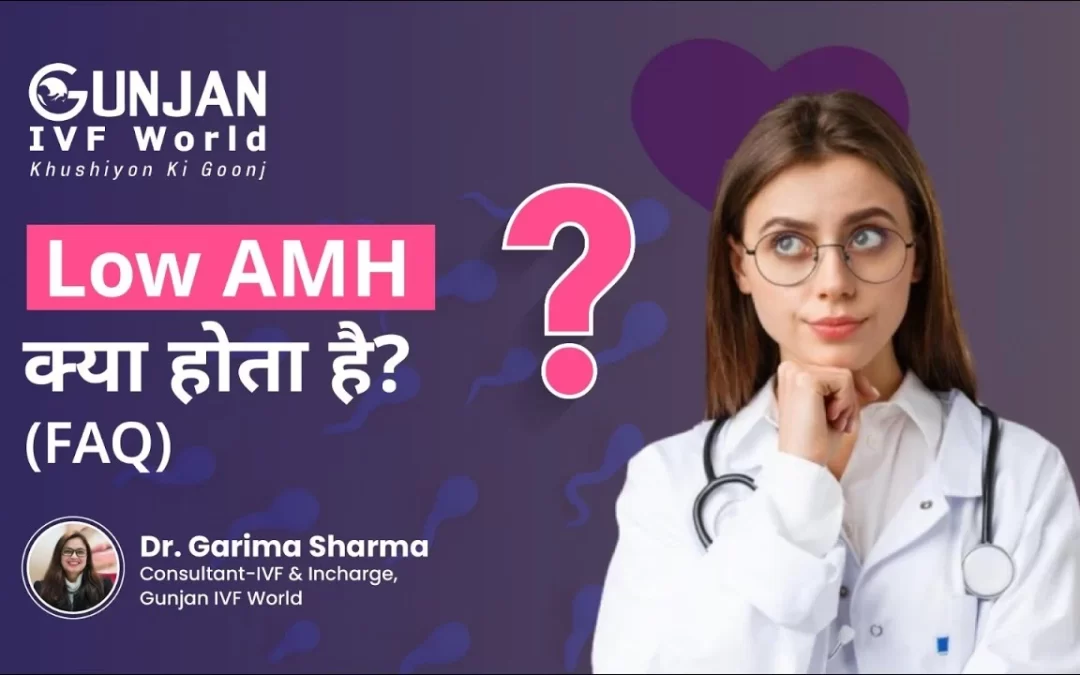
Frequently Asked Questions about Low AMH
Primordial and Preantral follicles produce AMH. So the AMH level indicates the number of eggs or egg reserves you have in your ovary. Putting simply, if your AMH level is low, then the number of eggs in your ovary is less.
Advanced IVF Care with Clinical Excellence








